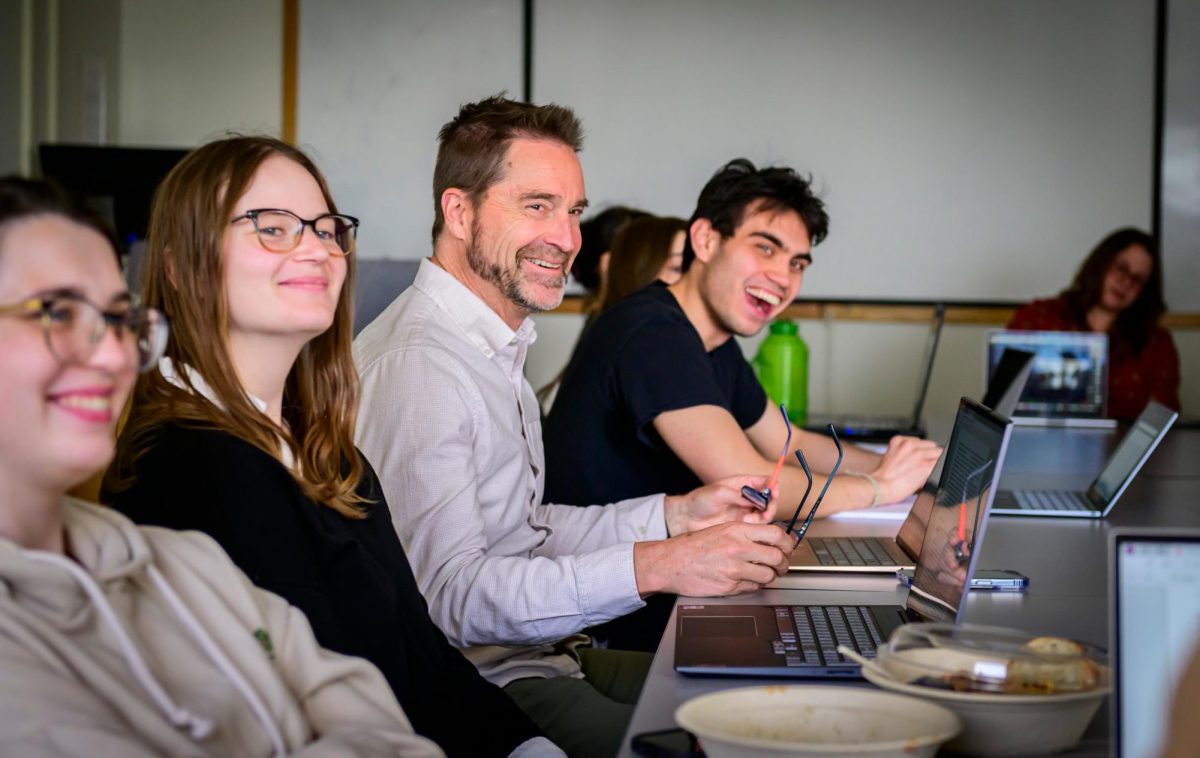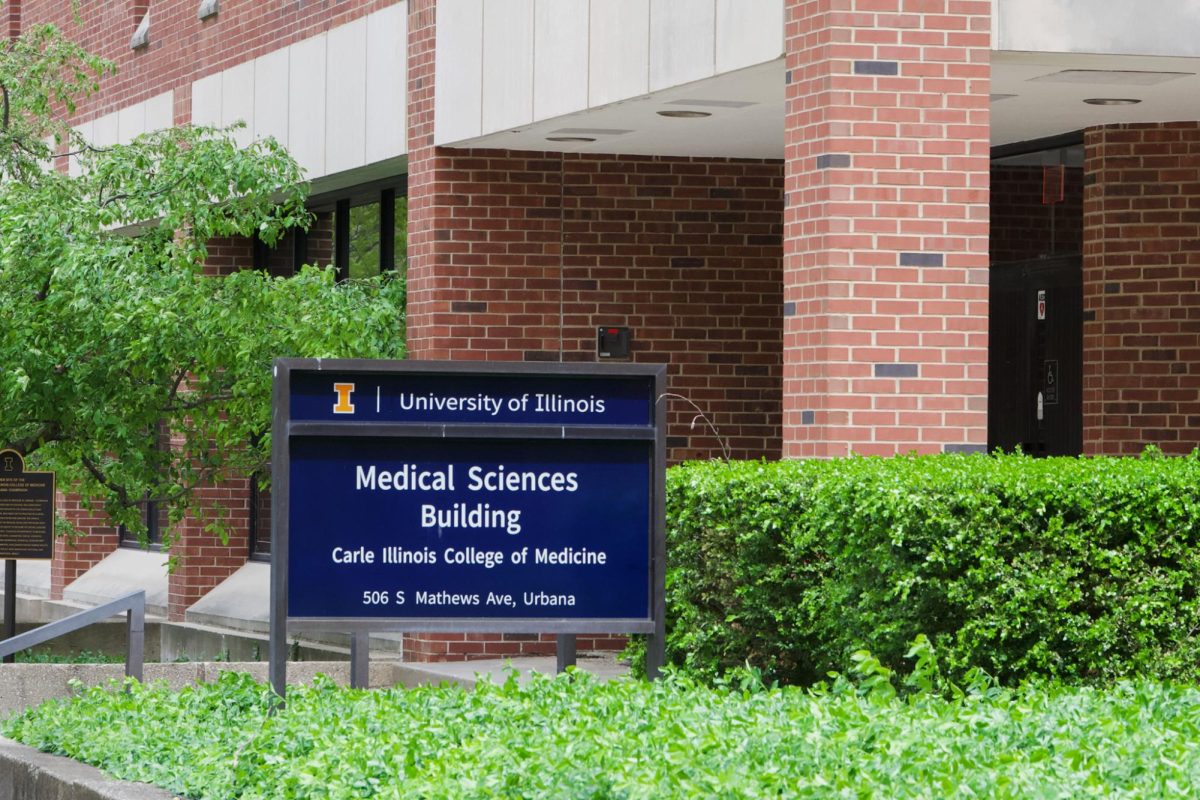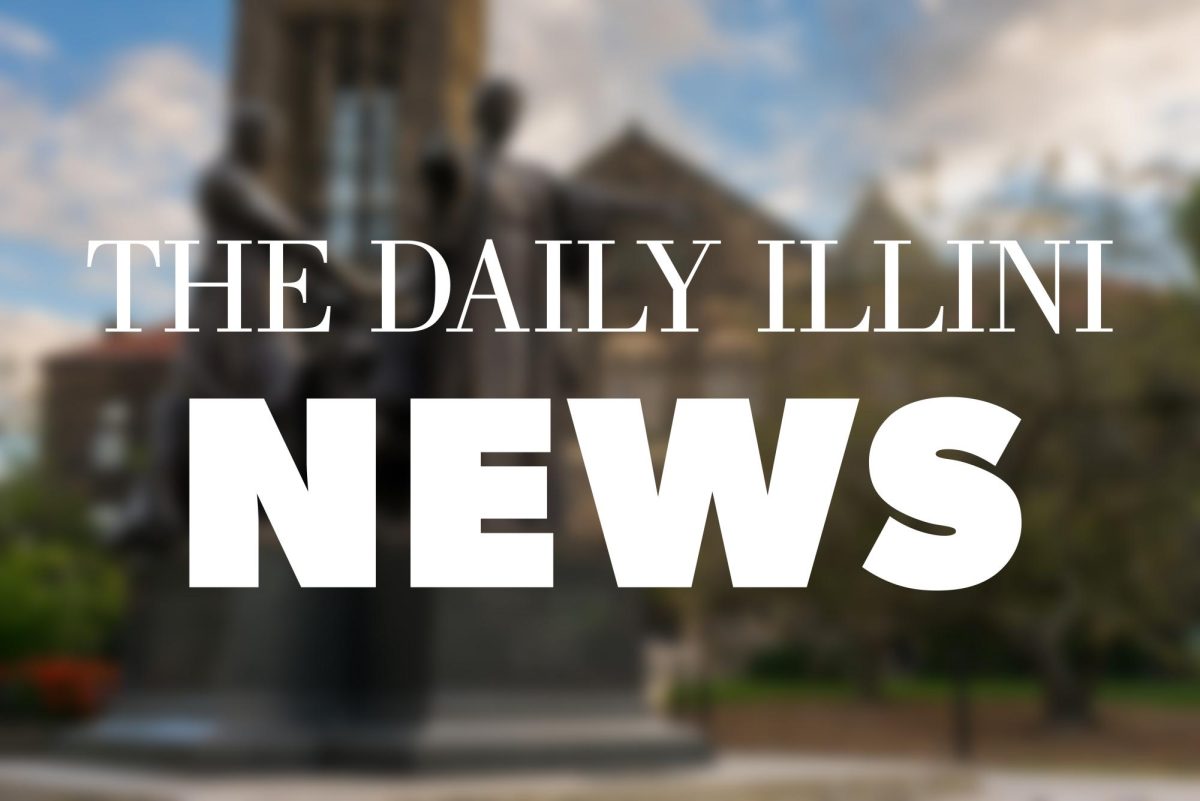While events like hurricanes and viruses are natural, Jose Atiles, assistant professor in LAS, argues in his newly published book “Crisis by Design” that the aftermath is not always a natural consequence. In his book, Atiles details how issues on the island are a legacy of predatory American economic policy and how Puerto Ricans have managed to resist.
Puerto Rico made headlines this election cycle as comedian Tony Hinchcliffe joked the island was a “floating island of garbage.” In an op-ed on the event, Atiles wrote this was more than a joke; instead, it reveals the racist, imperialist underbelly of policy the United States has toward the island.
“It’s no random events; they are part of a long history of legal decisions, policy (and) economic structures,” Atiles said. “At the end, all these crises are intertwined with or interwoven with U.S. colonialism in the island, and we cannot understand this crisis without understanding U.S. colonial rule on the island.”
Puerto Rico has a long history as a colony, from 1493 under Spanish rule until 1898, when it was ceded to the U.S. This legacy of colonialism has hampered the island’s development and sovereignty.
In the book, Atiles details the legal framework that has allowed the island to be spoken for as a U.S. territory. Voters have remained fractured on the topic of Puerto Rican statehood through various referendums, with any changes on the island’s status requiring the okay from the U.S. Congress. Still, Puerto Ricans cannot vote for president and do not have congressional representation.
Get The Daily Illini in your inbox!
Relative to a country like Haiti, Atiles said, some Puerto Ricans argue there is a benefit to the island’s current status: traveling or moving to the U.S. without a visa or change of ID.
Still, the idea of this as a benefit for Puerto Ricans can be “problematic and contentious,” Atiles said. Out-migration to the 50 states due to difficult conditions has caused a substantial population shrinkage, which hinders economic growth on the island itself.
Atiles argued that, combined with the U.S.’ economic austerity policy toward Puerto Rico, this lack of infrastructure is intentional.
In Puerto Rico, the Federal Oversight Management Board created by Congress has a large weight in making economic decisions on the island — some say even larger than that of the local government.
Aid efforts after Hurricane Maria were slow and scarce. Still, the board put aside a surplus of money for its creditors with its post-hurricane fiscal plan that cut government services, public pension funds and labor rights.
As a U.S. territory, the island is not given the same federal support as the other 50 states.
According to Atiles, the 2006 budget crisis that saw the island run out of money for the fiscal year snowballed into economic instability. In 2014, the island declared bankruptcy and couldn’t pay its debts. In 2017, it suffered its deadliest hurricane yet: Hurricane Maria. At the same time, the Trump administration refused to bail the island out of its debt crisis with aid.
“After Hurricane Maria, there were a lot of NGOs (non-governmental organizations) and civil society groups that tried to take advantage of the crisis and capitalize on the crisis,” Atiles said. “A lot of them either use FEMA — the Federal Emergency Management Agency — or any other emergency aid to kind of capitalize and attract wealth.”
This way of operating has become the norm for aid organizations, Atiles said.
Still, Atiles said it is important to talk about Puerto Rican resistance. As part of his research, Atiles conducted over 20 interviews with Puerto Rican government officials, scholars, lawyers and activists on local efforts to change the political and economic state of the territory.
Various moves to mobilize locals against government corruption were most striking to Atiles. In particular, he took notes as a participant in a large-scale two-week period of protests that successfully ousted a local governor who mocked victims of Hurricane Maria — a scandal that ignited after decades of frustration toward the local government.
“The book is not just about crisis, but it’s about resistance, and it’s how, even under these extraordinary circumstances, Puerto Ricans have managed to carry on with their lives,” Atiles said. “They’ve persisted and found joy and ways of just enjoying their life, even when these situations seem to be all-encompassing and very depressing. There are constant spaces of joy, resistance, love and a sense of actual life.”







